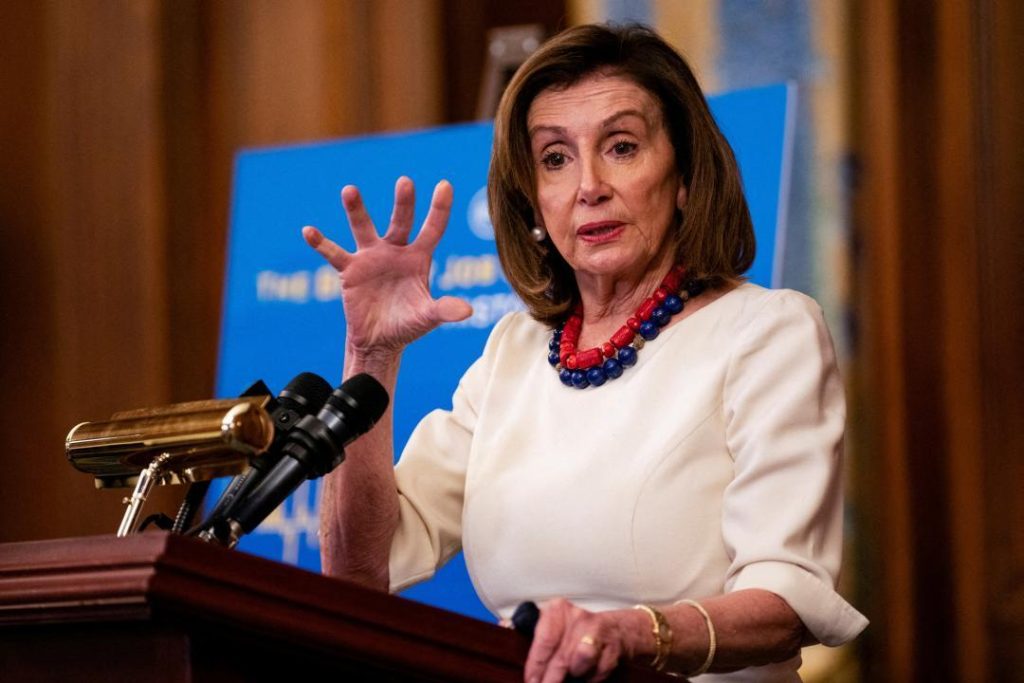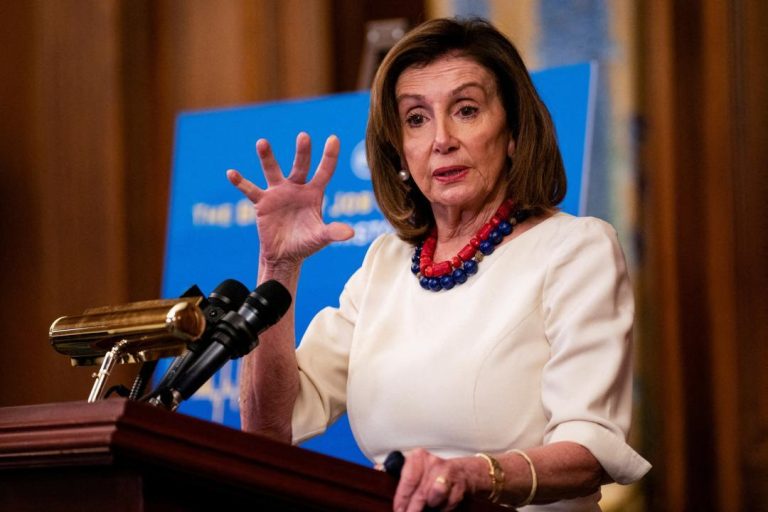
What is the PELOSI Act & why is it named after former US Speaker Nancy Pelosi?
In the United States, the relationship between politics and finance has long been a contentious issue. The recent controversy surrounding the stock market gains of politicians has prompted the reintroduction of the Preventing Elected Leaders from Owning Securities and Investments (PELOSI) Act. The act aims to prohibit lawmakers and their spouses from holding or dealing in stocks while holding office. In this blog post, we will explore the PELOSI Act, its significance, and why it is named after former US Speaker Nancy Pelosi.
The PELOSI Act was reintroduced by US Senator Josh Hawley, a Republican from Missouri, in February 2023. The bill seeks to address the issue of politicians using their position to enrich themselves through stock market transactions. The act proposes that lawmakers and their spouses be prohibited from owning or trading individual stocks, bonds, or other securities while holding office. However, they would be allowed to invest in mutual funds (MFs), exchange-traded funds (ETFs), and Treasury bonds.
The act is named after Nancy Pelosi, the former Speaker of the US House of Representatives, who has been at the center of the controversy surrounding politicians’ stock market activities. During her tenure as Speaker from 2007 to 2011 and again from 2019 to 2023, Pelosi’s net worth increased significantly, with much of the gain attributed to her stock market investments.
Pelosi’s financial disclosures have shown that she and her husband, Paul Pelosi, have invested in various companies, including those that have benefited from government policies and decisions. The most notable instance was in 2020, when Pelosi and her husband purchased between $1 million and $5 million in shares of Teladoc Health, a telemedicine company that received a significant amount of government funding during the COVID-19 pandemic.
The controversy surrounding Pelosi’s stock market gains has sparked outrage among many Americans, who feel that politicians are using their position to enrich themselves at the expense of the public. The reintroduction of the PELOSI Act is seen by many as a step towards addressing this issue and restoring trust in the political system.
Proponents of the act argue that it will help to prevent conflicts of interest and ensure that lawmakers are focused on serving the public rather than their own financial interests. The act would also help to reduce the perception that politicians are using their position to influence government decisions for personal gain.
However, opponents of the act argue that it is an overreach of government authority and that it will limit lawmakers’ ability to invest in the economy. They argue that the act is too broad and could lead to unintended consequences, such as preventing lawmakers from investing in companies that are critical to the economy.
Despite the controversy surrounding the PELOSI Act, it is clear that the issue of politicians’ stock market activities is a pressing concern in the United States. The act is a step towards addressing this issue and promoting transparency and accountability in government.
In conclusion, the PELOSI Act is a significant piece of legislation that aims to prohibit lawmakers and their spouses from holding or dealing in stocks while holding office. The act is named after former US Speaker Nancy Pelosi, who has been at the center of the controversy surrounding politicians’ stock market activities. The act is seen as a step towards addressing the issue of conflicts of interest and promoting transparency and accountability in government.






